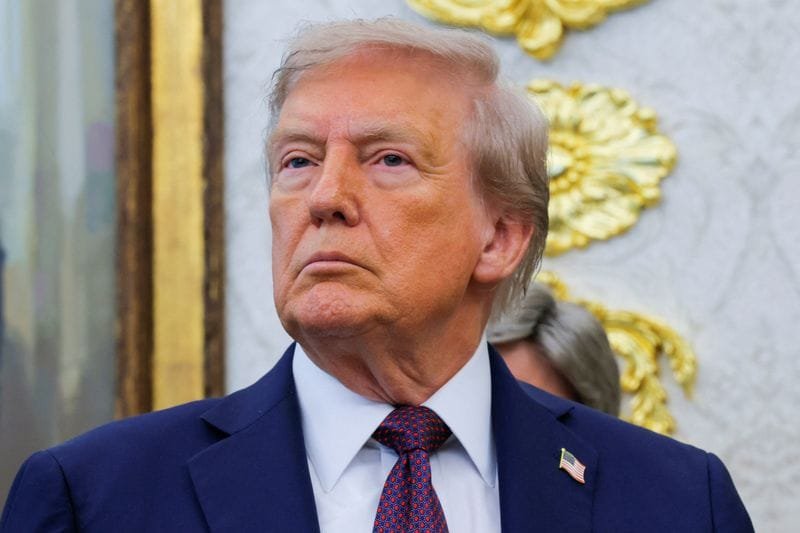In a striking post on his social media platform Truth Social, U.S. President Donald Trump voiced growing concern over what he described as the “loss” of India and Russia to “deepest, darkest China.” The message, accompanied by a photo of Indian Prime Minister Narendra Modi, Russian President Vladimir Putin, and Chinese President Xi Jinping standing together at the Shanghai Cooperation Organisation (SCO) summit in Tianjin, read: “Looks like we’ve lost India and Russia to deepest, darkest China. May they have a long and prosperous future together!”
Trump’s short post — part lament, part sarcasm — crystallised rising U.S. frustration as Beijing hosts a string of high-profile diplomatic engagements that Washington sees as a challenge to its global influence.
The image Trump shared followed a week in which Xi used the SCO summit and a large military parade to showcase China’s deepening ties with non-Western powers and to court India and Russia as partners in a rival axis of influence. Diplomats and strategists say the optics —handshakes, side-by-side appearances and senior-level talks— underline Beijing’s push to stabilise relationships with countries alienated or pressured by Western policy choices.
The tensions have been fuelled by recent U.S. trade actions. The White House doubled tariffs on a wide swath of Indian exports in late August, moves that can reach as high as 50% for some goods after New Delhi continued to buy discounted Russian oil, a policy Washington says indirectly helps finance Moscow’s war in Ukraine. Those tariffs have rattled markets and political ties, and contributed to a sharp chill in bilateral negotiations.
New Delhi has pushed back, saying energy purchases are guided by national interests; India’s finance minister reaffirmed on Friday that New Delhi will continue to buy Russian crude where it makes economic sense, underscoring the limits of U.S. pressure to shift other nations’ energy policies.
Moscow, meanwhile, played down the idea of a coordinated anti-U.S. plot, with Kremlin officials calling Western alarmism over the summit “cynical” or misplaced and insisting the meetings were aimed at strengthening pragmatic cooperation rather than forming a conspiratorial bloc. The exchange of barbs and rearguard denials highlights a broader diplomatic rift: Washington’s punitive measures are encouraging debate in capitals about whether alignment with the U.S. remains the best hedge against Chinese influence.





